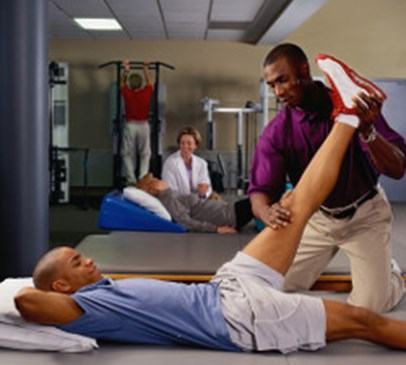Headway’s new factsheet on this topic has been written to offer information and practical tips to family members whose relative is waiting for rehabilitation following brain injury.
“Unfortunately, people often experience a wait for specialist services, and the reality is that some people will need to return home before they are able to access rehabilitation,” says Tamsin Ahmad, Headway's Publications and Research Manager.
“We hope that the information in this factsheet will be useful for brain injury survivors and their families who find themselves in this position.”
We’ve included 9 top tips below, and you can get more detailed information on the issue by downloading the full factsheet.
Top tips
- Keep in touch with your relative’s GP to ensure that the arrangement for rehabilitation is still on track.
- Let your relative rest and encourage them not to fight through fatigue.
- Minimise levels of stimulation in your relative’s environment, such as loud noises or very bright lights.
- Encourage your relative to gradually increase their activities in the first few weeks rather than going straight back into the routine they had before their injury.
- Remember that problems with managing anger are a common effect of brain injury. If the anger is being directed at you, try to stay calm and remind yourself that it isn’t personal.
- Explore the idea of a home activity programme. This involves creating a regular schedule for your relative that consists of activities around the home that they can enjoy and undertake safely.
- Take time to learn about the brain, and encourage your relative to do the same. Having an understanding of the effects that the brain injury survivor is currently experiencing, and may experience in the future, can help with devising coping strategies.
- If possible, consider making arrangements for other family members or friends to spend time with the brain injury survivor on a weekly basis. You could also find out whether social services can arrange for some support with caring, for instance through a support worker visiting, or look into befriending schemes.
- Make contact with your local Headway group or branch, or the Headway helpline.
Find out more
Our new factsheet Waiting for rehabilitation after brain injury contains more information on this issue, including some frequently asked questions such as whether the delay in accessing rehabilitation can hinder recovery and what to do if your relative has not received a referral, but you feel they would benefit from rehab.
You can download the factsheet below or in the information library.
Contact the Headway helpline or your local Headway group or branch if you’d like further support.
Back









